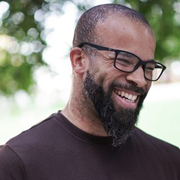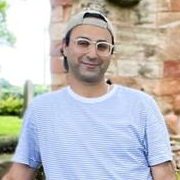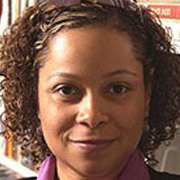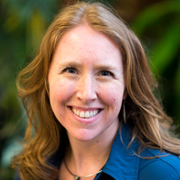
Justice, Equity, Diversity and Inclusion Award
The Justice, Equity, Diversity and Inclusion Award honors faculty who have done significant research, teaching or service/leadership to advance justice, equity, diversity and inclusion at the University, in the person's field of study, or in our broader community. These awards are meant to advance and elevate equity work; provide funding in recognition of the value of that work; and showcase critical scholarship, pedagogy, and community engagement.
Candidates for the awards are nominated by their departments. These awards are made possible through the generous support of the Office of the Executive Vice President and Provost and the Office of Equity and Diversity.
Nomination materials are available at https://faculty.umn.edu/review-recognition/awards-recognition/awards
Current Award Recipients



